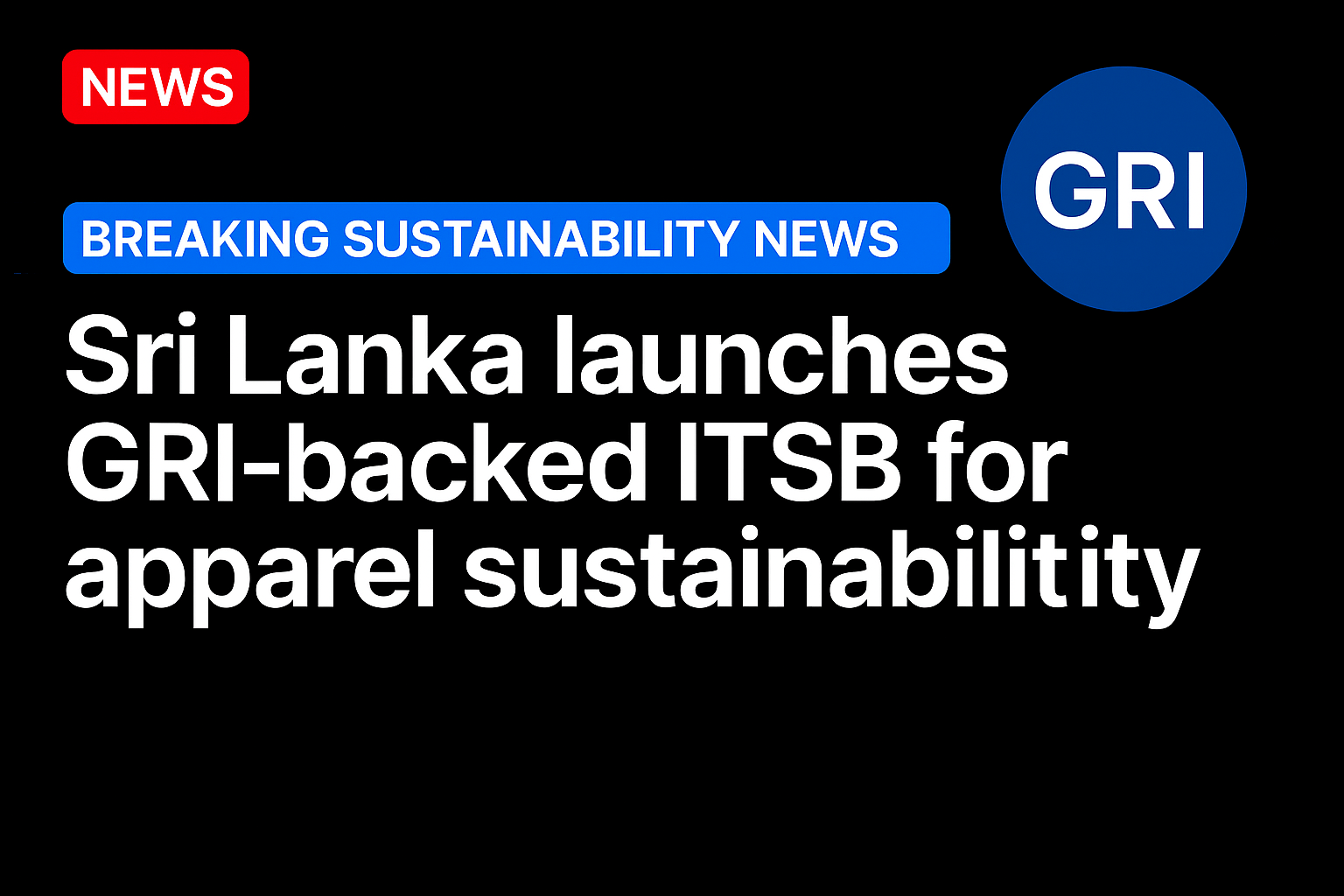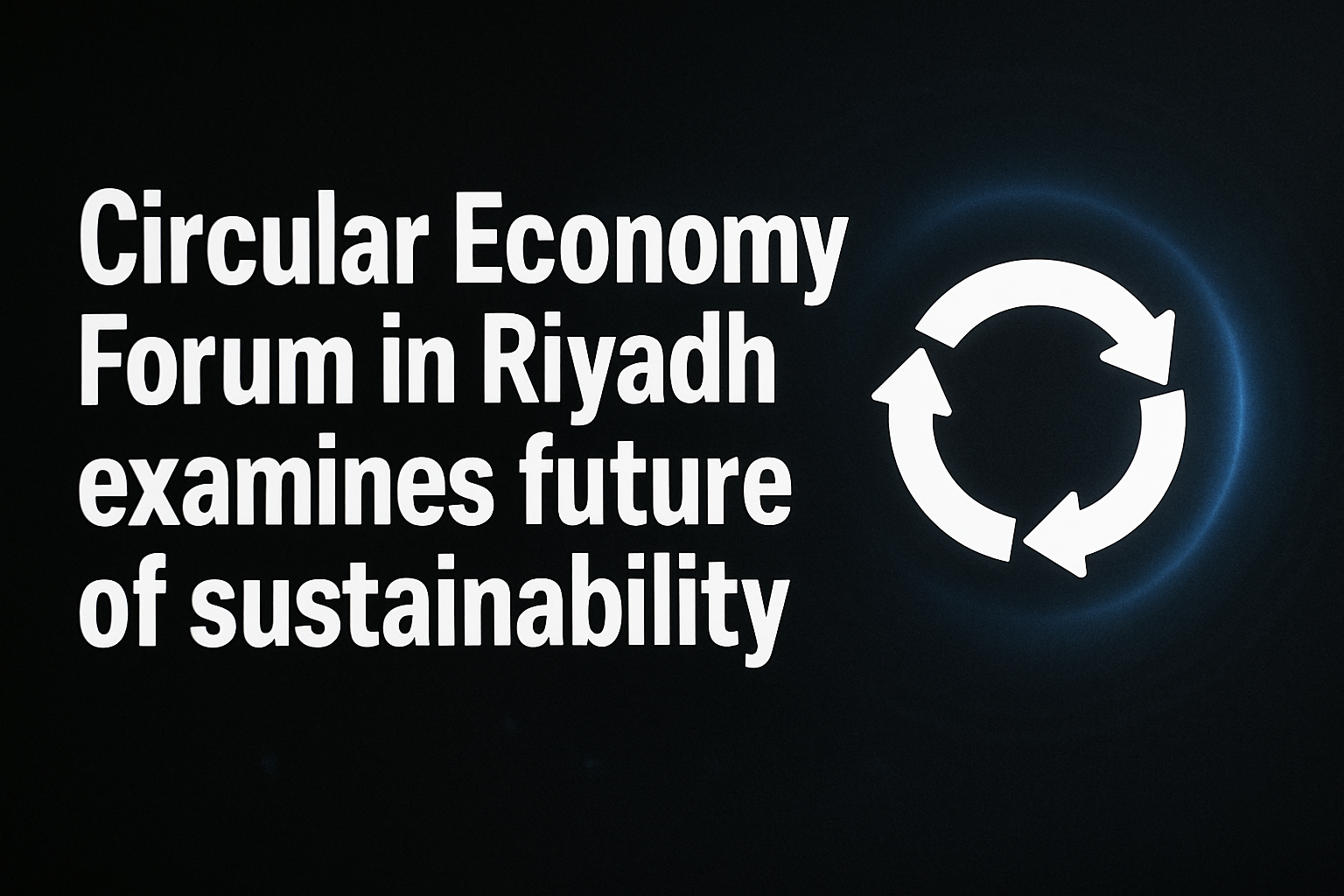Sri Lanka’s textile and apparel industry has taken a major leap in sustainability with the launch of the Improving Transparency for Sustainable Business (ITSB) programme, a new ESG-focused initiative supported by the Global Reporting Initiative (GRI) South Asia, the Sri Lanka Export Development Board (EDB), the Sustainable Development Council (SDC), and the Joint Apparel Association Forum (JAAF).
Backed by Swedish International Development Cooperation Agency (SIDA), the ITSB programme aims to embed world-class ESG reporting across apparel businesses—ranging from multinational firms to SMEs—strengthening the sector’s transparency, investor confidence, and global market readiness. Companies will be trained on the use of GRI Standards to report on critical issues such as labour practices, energy and climate impact, economic contribution, and waste.
The initiative aligns with Sri Lanka’s Inclusive and Sustainable Business Action Plan and responds to rising global demand for ethical sourcing and regulatory compliance, including EU’s upcoming Corporate Sustainability Due Diligence Directive (CSDDD) rules. The first full-day session took place on July 16, 2025, in Colombo, featuring stakeholder workshops, ESG strategy discussions, and a preview of the 2025 GRI Textiles and Apparel Sector Standard, JAAF said in a media release.
With apparel contributing over 40 per cent of Sri Lanka’s exports and employing 350,000 people, the ITSB is a strategic step towards making the industry more competitive, transparent, and future-ready. The programme is expected to extend to India and Bangladesh later this year, positioning Sri Lanka as a regional ESG frontrunner.
“ITSB is designed to elevate sustainability practices and transparency across South Asia’s textile and apparel sector, positioning it for long-term resilience, profitability, and global leadership. Through this multi-year initiative, we aim to foster a dynamic and inclusive platform that brings together key stakeholders across Sri Lanka’s textile and apparel sector. Adopting the GRI Standards – the world’s most widely used sustainability standards, does not only elevate corporate transparency but also strengthens investor confidence, international positioning, and regulatory preparedness—contributing to a more transparent and future-ready economy,” said Rahul Singh, senior manager, South Asia, GRI, commenting on the significance of the programme.
Source: https://www.fibre2fashion.com/




